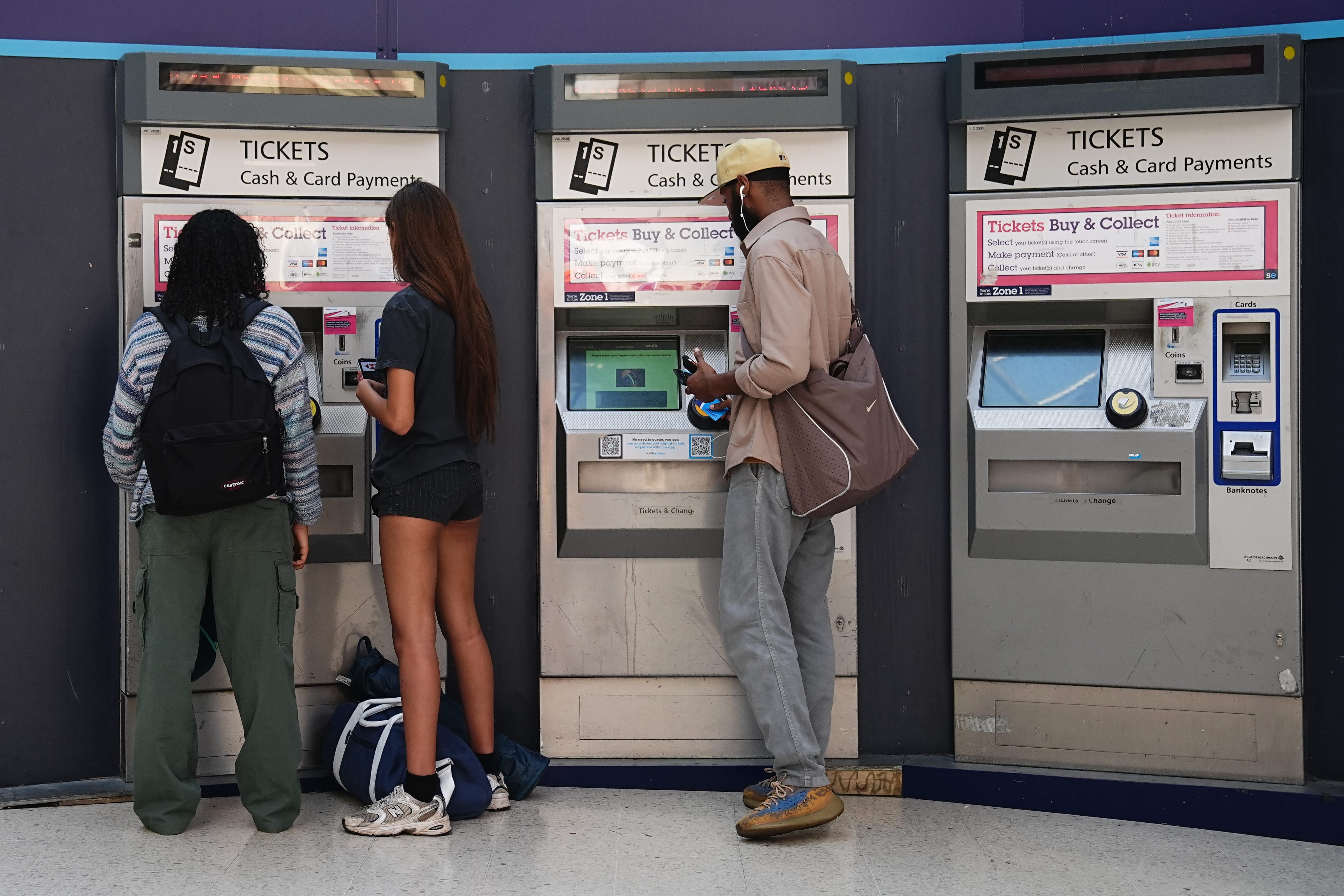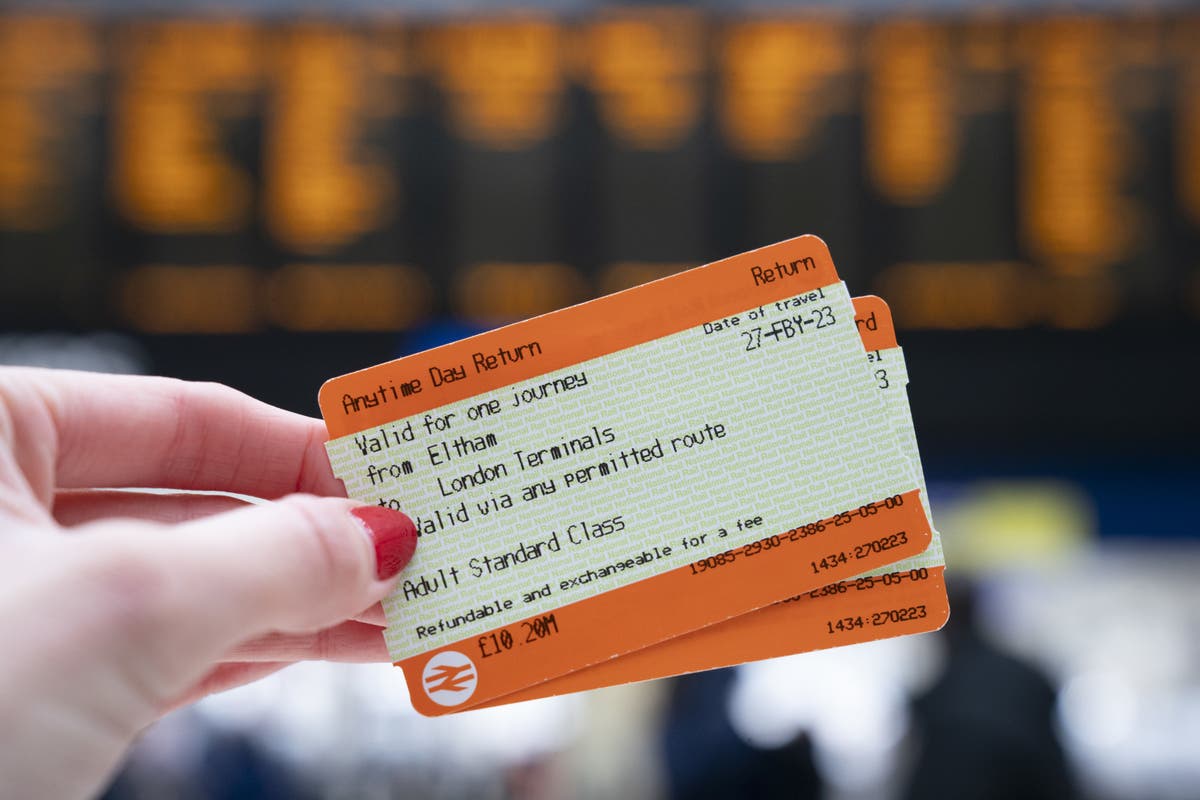Tens of thousands of people privately prosecuted for allegedly dodging rail fares under a controversial and opaque legal procedure are set to have their criminal convictions quashed, following a new court ruling.
Rail operators were given permission in 2016 to prosecute alleged ticket evaders in private hearings under the “single justice procedure”, which was created a year earlier to allow magistrates to decide on minor offences without defendants going to court.
But tens of thousands of these criminal cases have been brought under the Regulation of Railways Act 1889 – which is not allowed in the single justice procedure, the Evening Standard has previously reported.
Two rail companies – Northern Rail and Greater Anglia – admitted in July at Westminster Magistrates’ Court that they “got it wrong” over the procedure used to privately prosecute a combined total of at least 35,000 cases.
Chief magistrate Paul Goldspring, who has been reviewing six test cases involving prosecutions brought by the two rail companies, previously said there could be close to 75,000 wrongful prosecutions in total when cases involving other firms are also looked at.
In a ruling on Thursday, Mr Goldspring said the six test cases should now be declared a “nullity”, meaning they are treated as though the proceedings never happened.
Giving a summary of his judgment, he said: “Parliament did not envisage these offences being prosecuted through the SJP. They should never have been brought through that process. This is, to my mind, a paradigm nullity.”

While Thursday’s ruling only affects the six test cases, the judge put in motion plans for the tens of thousands of other prosecutions to be declared void in the same way. The exact number of cases affected is unknown.
Judge Goldspring said on Thursday that “the number seems to change every time I ask”, but a figure over 74,000 is a “best guess at the moment”.
Following his ruling, Judge Goldspring said attempts would be made by the HM Courts and Tribunals Service, the Department for Transport and the train operating companies to identify those affected in the coming weeks.
He said the aim would be for a list of those affected to be compiled by the end of September, with the cases listed as a “bulk” hearing “by the end of October”, adding: “I will then make a similar direction in relation to all these cases affected, so everybody is in the same position.”
By the end of November, “a team will be out in place to begin the work of recovering the money paid and refund the money to individuals”, the judge said, adding: “There are discussions ongoing with all the parties about how that may be paid.”

A spokesperson for Northern Rail said the firm welcomed the judgment and “would like to apologise again for the errors that have occurred”.
“We will now work with the court to implement today’s findings. We are unable to respond to individual enquiries in the meantime,” they said. “Northern remains committed to ensuring that all our customers are treated fairly, which means ensuring all passengers who board our trains have a valid ticket.”
Last year, 787,403 criminal cases of various types were dealt with by magistrates’ courts under the single justice procedure.
However, the Magistrates’ Association said in March there are concerns that cases are being brought before magistrates without prosecutors, such as the DVLA or TV Licensing, reading mitigations and that many of its members are uncomfortable with the system.
The same month, then justice secretary Alex Chalk told parliament that although he believed the procedure works well, there were issues surrounding transparency which needed “recalibrating”.

